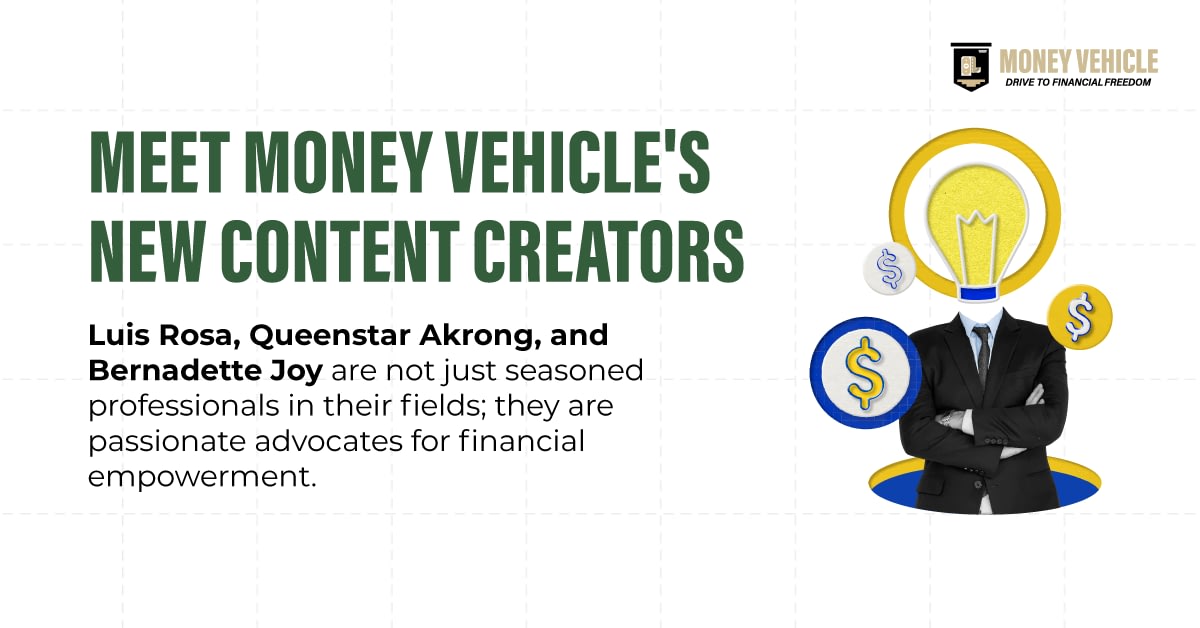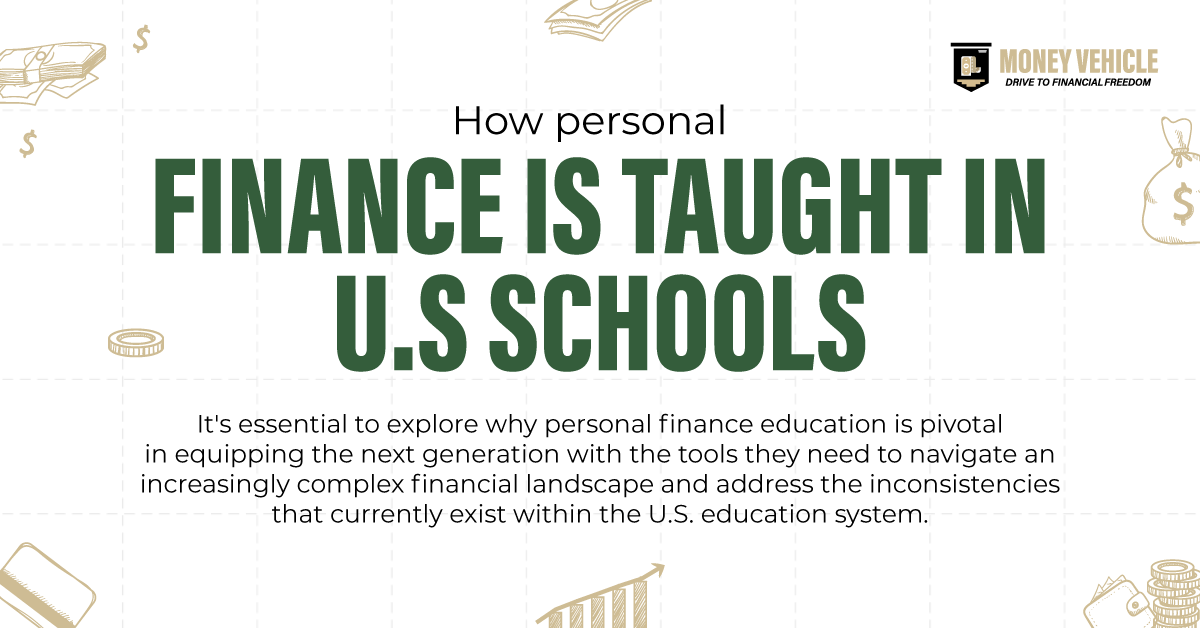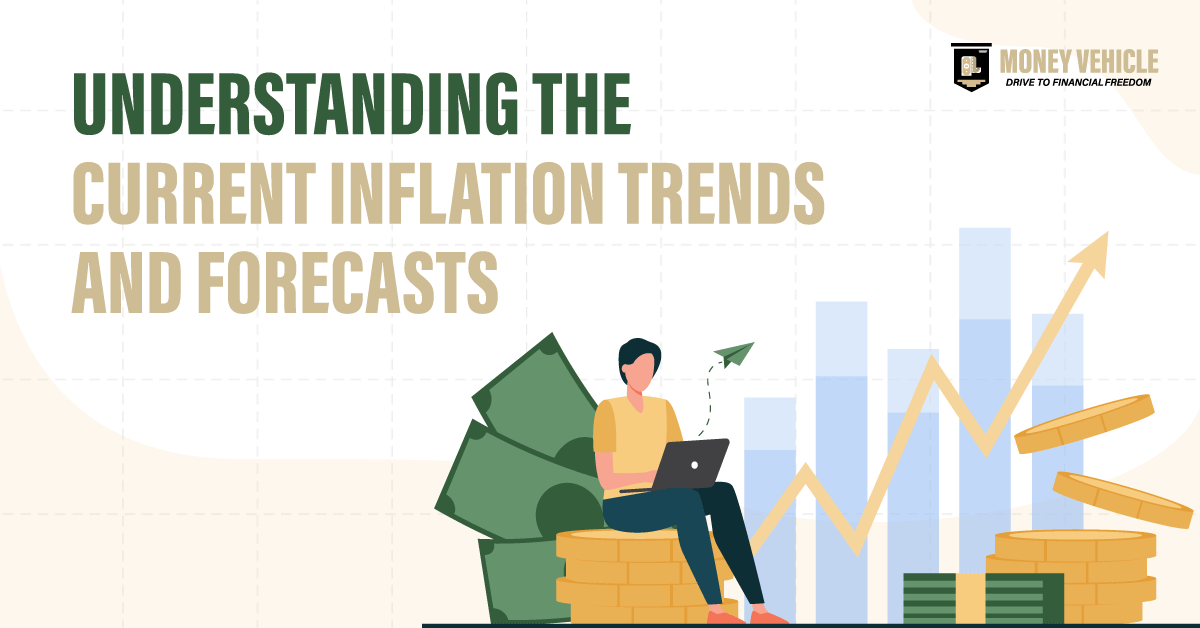Money is a tough nut to crack. We all use it and need it, and it’s a fixture of our daily lives. And yet, it’s mystifying and intoxicating. It can alter your mood, be a catalyst for decision-making, and even make or break relationships. But many of us still can’t speak the “language” of money. We don’t know the “golden rule” of money, either—we’re not financially literate, in other words.
But just what is financial literacy? And what does it mean to be financially literate? Let’s explore the idea a little more, and come up with a framework that can help you answer the age-old question: “Am I financially literate?”
What is “financial literacy”?
There may not be a single definition for financial literacy. But what it boils down to, in most cases, is whether or not you can speak the language of money.
Try a little experiment: Turn on a financial news network like CNBC or Bloomberg, and see if you can follow along. Most people can’t—and that’s okay. The things being discussed are often way above the average person’s head.
But there are things being discussed that a financially literate person should be able to make sense of: Budgets, yields, and investing are a few examples. While there are degrees of financial literacy, of course, there are some basics of personal finance that are critical to understanding, so that we can navigate our day-to-day, and properly prepare for the future.
If you feel like you’re not financially literate, though, fear not—you’re hardly alone:
- Americans answered only about half of the personal finance questions accurately on the 2020 TIAA Institute-Global Financial Literacy Excellence Center (GFLEC) Personal Finance Index, for instance.
- Only 58% of Bulgarian adults could pass a financial literacy assessment.
- In India, less than 17% of teenagers could be considered financially literate.
What it means to be financially literate
So, with all of that in mind, what does it actually mean to be financially literate? Or maybe the correct way to phrase the question is this: What are some traits of financially illiterate people that their counterparts don’t have?
Again, there are a million potential answers. But here’s a list that you can use as a starting point. The financially illiterate often:
1) Do not have goals
2) Do not use time to their advantage (in the time value of money)
3) Do not have a cash management system
4) Do not have foundational accounts to automate their choices
5) Do not pay off their credit card balances
6) Do not invest—or become “Invest-ORs” (more on that in the MV course!)
7) Do not manage risk with insurance
8) Do not proactively defend themselves from cyberattacks
9) Do not understand how taxation works, and why taxes are important to society
10) Do not use tax-advantaged accounts
With this list in mind, what can you say that a financially literate person does differently? For starters, they have goals, they manage their money and invest it. They plan ahead. They do a lot, actually.
So, the next question, naturally, is this: How can you become financially literate?
How to become financially literate
Here are a few things you can do to start on your path toward financial literacy:
Start researching
The fact that you’re reading this right now is a testament to your hunger for more financial knowledge. Don’t stop reading—consume as much financial content as you can stomach. There are tons of resources out there, from financial media companies to government programs. Diving in, paying attention, and absorbing as much as possible is a great way to start.
But, as with anything, do take a critical eye to what you’re consuming. Advertisements often masquerade as informational material, and there is a lot of bad information floating around out there. So, take your time, double-check things, and remember that if something doesn’t sound right, it likely isn’t.
And if you don’t want to go on the journey alone, grab a friend to help keep you on track.
Take a course!
There are many options for beefing up your financial education out there. And while we don’t want to toot our own horn, the Money Vehicle course is a pretty good option!
And while many of these courses are not free, if you do choose to purchase one, consider it an investment in your future. It may be the best money you have ever spent.
Put it all into practice!
Reading about financial concepts, watching videos, or listening to podcasts, for that matter, is all good and dandy. But what will really help compound that knowledge is putting the principles you’ve learned about into action.
Don’t just read about savings accounts. Open one up, and start an emergency fund. Get a brokerage account, and start investing. If your employer is offering you a 401(k), sign up! And every day, start paying closer attention to your spending, your credit card usage, and create and stick to a budget.
After a few weeks, it’ll all start to come together. Money should no longer be some sort of mystery and a source of anxiety. But instead, you’ll learn how to use it, and make it work for you!
Ready to start? Learn more about the Money Vehicle course today!







